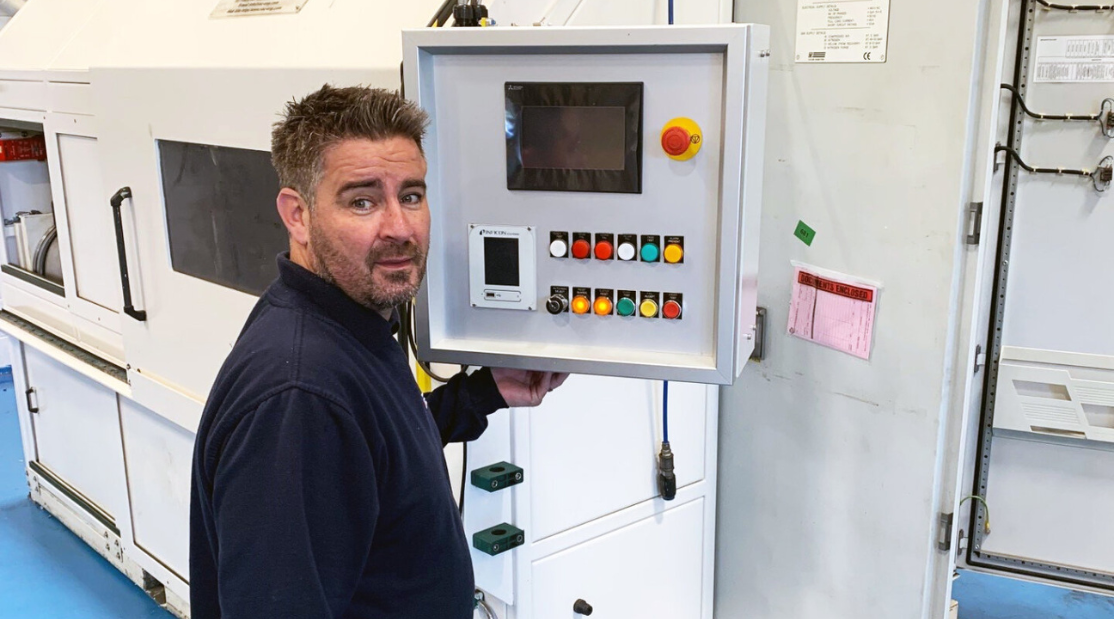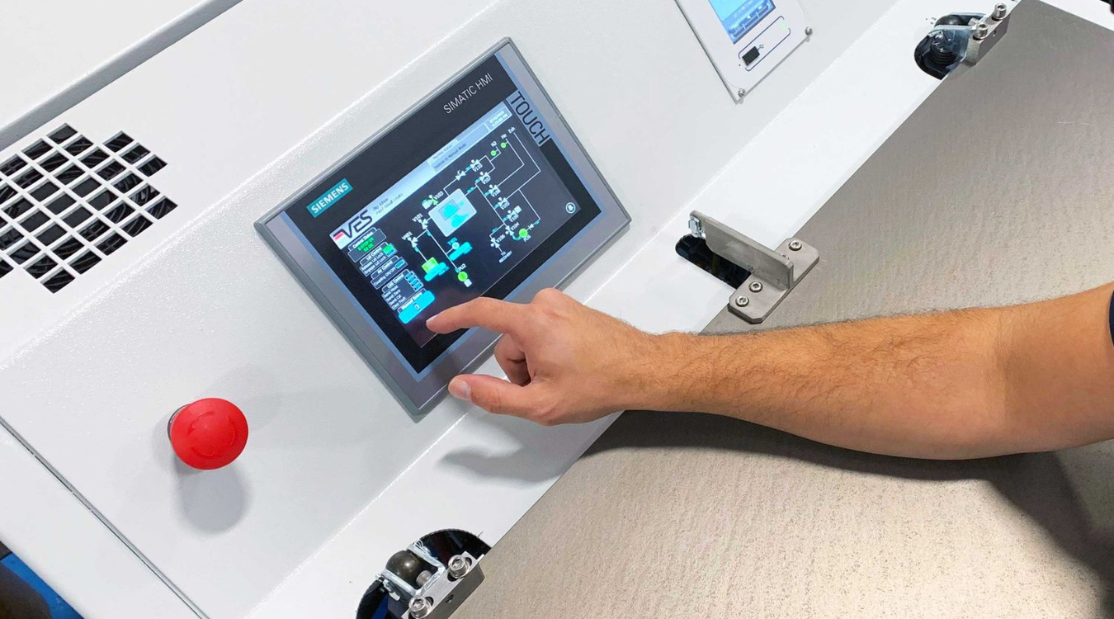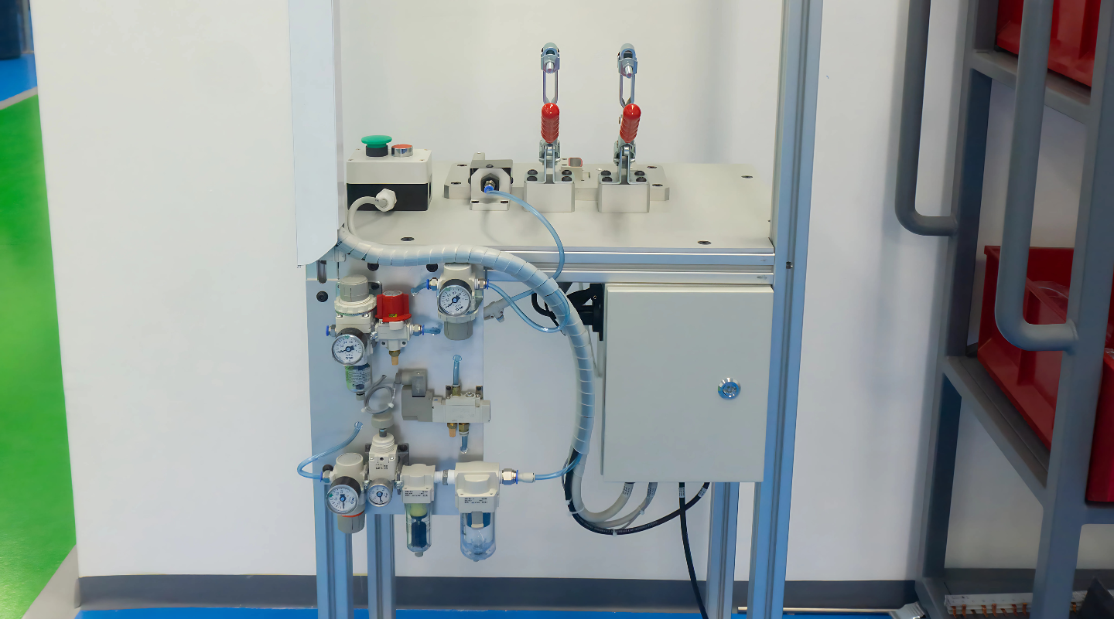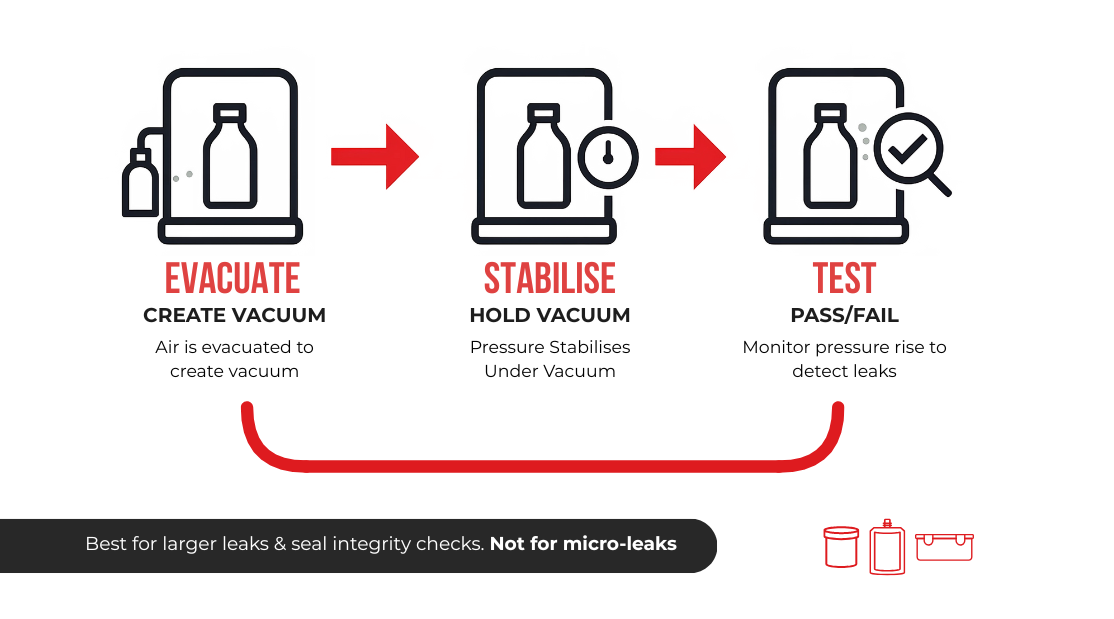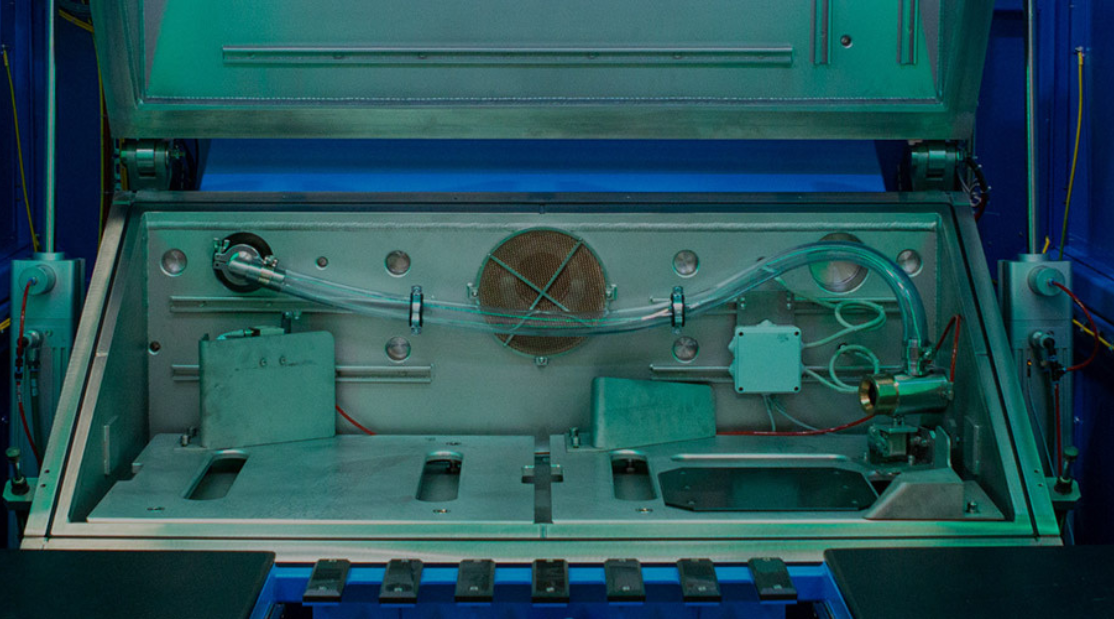When it comes to leak detection, accuracy is paramount. For industries such as automotive, aerospace, and energy, ensuring that parts are leak-free is not just a requirement—it’s a safety concern. Whether you’re testing hydrogen tanks, fuel systems, or other essential components, consistent and accurate leak detection is essential. One of the most important steps to ensure your leak testing systems deliver the most reliable results is regular calibration.
At VES, we’ve seen firsthand how calibration plays an essential role in getting precise results, and we want to help you understand why it’s a key component of your leak testing process.
The Role of Calibration in Leak Testing
Leak testing relies heavily on precise measurements to detect even the smallest leaks, often down to minute levels like 1.00E-3 mbar l/s. To achieve this, your system needs to be perfectly tuned to the task at hand. Calibration ensures that all components, especially your mass spectrometer, pressure transducers, and vacuum gauges, are accurately measuring the amount of helium or other tracer gases that escape during a test.
At VES, we provide both in-house and on-site calibration services for pressure and vacuum instruments, traceable to UKAS accreditation standards. This includes:
- Capillary and canister leaks used for machine calibration and verification
- Pressure transducers from 0–70 Bar absolute and gauge
- Vacuum gauges from atmosphere to -3 mbar
- Mass spectrometers
- Calibration for vacuum chamber and pressure decay chamber leak test methods at our Manchester, Trafford Park facility
If the system isn’t calibrated correctly, the results will be unreliable. Small leaks might go undetected, or false positives could disrupt production. Proper calibration ensures compliance with ISO 9001, FDA requirements, and automotive safety standards, helping manufacturers avoid costly errors and regulatory issues.
The Consequences of Skipping Calibration
Skipping regular calibration or neglecting maintenance can lead to several problems:
- False readings: Without calibration, your equipment may produce false positives, flagging a leak where there isn’t one, or false negatives, failing to detect an actual leak.
- Compromised product quality: For applications like sealed medical devices, automotive fuel tanks, HVAC components, and hydrogen pressure vessels, undetected leaks could lead to product failure or unsafe conditions.
- Increased costs: If your system is underperforming, you may waste helium, forming gas, or other tracer gases, increasing operational costs. Additionally, undetected leaks may lead to expensive recalls and compliance penalties.
- Production downtime: A miscalibrated leak test system can cause unnecessary disruptions, leading to inefficiencies and lost production time.
How Often Should Calibration Be Done?
The frequency of calibration depends on factors such as:
- System usage – High-volume testing environments may require more frequent calibration.
- Type of leak detection method – Pressure decay, mass flow, helium, or forming gas tests may have different calibration intervals.
- Regulatory requirements – Compliance with UKAS (UK) and NIST (US) accreditation standards ensures accuracy and traceability.
At a minimum, leak test equipment should be calibrated annually, but high-use systems may require more frequent calibration to maintain accuracy. If your system has undergone repairs or major modifications, calibration should be performed immediately.
How VES Supports Your Calibration Needs
At VES, we provide industry-leading calibration services to keep your leak detection systems performing at their best. Our engineers have over 30 years of helium leak testing experience, and we’ve manufactured over 1,600 machines worldwide.
We offer:
- On-site and in-house calibration for helium and pressure decay leak test methods
- Traceable certification to UKAS and NIST accreditation standards
- Expertise in calibrating a wide range of equipment, including mass spectrometers, vacuum gauges, and pressure transducers
- Fast, reliable service to minimise downtime and maintain production efficiency
By ensuring your leak detection equipment is regularly calibrated, you can improve accuracy, maintain compliance, and prevent costly product failures. At VES, we are committed to providing high-quality calibration services that support your leak testing process, product integrity, and operational efficiency.
